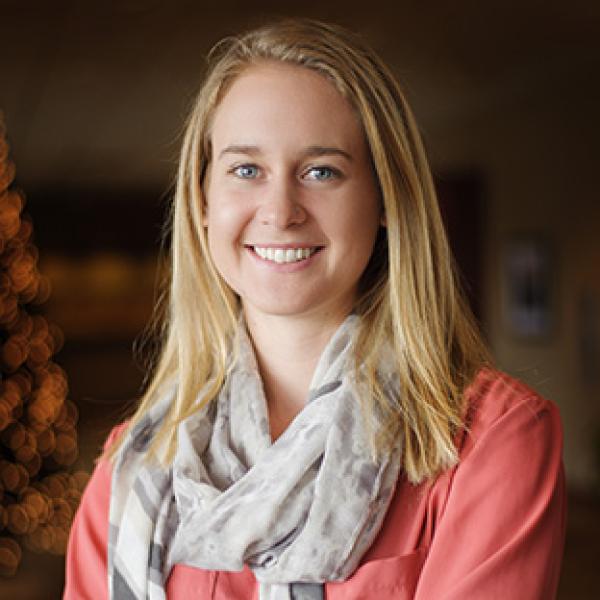Colorado’s Newest Innovations in School-Based Health Care
I was born and raised in Denver, so I know a good deal about the city’s history. But I continue to discover things that have been around longer than my grandparents.
One of those discoveries involves the Florence Crittenton High School. Its origins date to the late 1800s as a home for unwed mothers. Today, in partnership with Denver Public Schools, it provides 9th – 12th grade classes to pregnant and teen moms ages 14 to 21. In addition to academics, the school offers career guidance, parent training, college readiness services and activities for student moms and children outside of the classroom. Early childhood education is provided for young children by the nonprofit Florence Crittenton Services.
Balancing school with motherhood and all that goes along with it — getting immunizations for babies, taking them to check-ups, arranging child care and more — can be daunting for anyone, especially for a young mom trying to finish high school.
The opening of a new Florence Crittenton campus in 2015 included the Alethia E. Morgan, M.D., School-Based Health Center (SBHC), one of 61 SBHCs in the state.
Unlike any other SBHC in Colorado, Florence Crittenton’s SBHC offers obstetric care for moms and pediatric care for their children. Moms are able to get appointments quickly for their kids and don’t have to miss an entire day of school to see a clinician. This allows them stay on track for graduation while their children stay on track for a healthy life.
And the system is working. There are fewer absences among teen moms since the opening of the school-based health center at Florence Crittenton. This past spring, 94 percent of eligible seniors graduated, significantly higher than the national average of 38 percent of teen moms who gave birth before the age 18. Of the graduating seniors, 96 percent had plans for post-secondary education.
Florence Crittenton also offers something that isn’t necessarily quantifiable – a supportive community for young moms who may have a hard time finding help at home. One teen mother said that since enrolling in Florence Crittenton High School, she has higher self-esteem and is confident that her daughter’s future, as well as her own, is bright.
This year’s report on Colorado’s SBHCs focuses on these important safety net providers and the populations they serve. The report is based on data from the annual School-Based Health Center Survey run by the Colorado Health Institute in partnership with the Colorado Association for School-Based Health Care.
The analysis finds that the Affordable Care Act affected SBHCs in an interesting way. A higher percentage of SBHC users are enrolled in Medicaid because of the ACA but there’s been little decrease in the number of uninsured children using Colorado’s health centers. As the report notes, SBHCs continue to serve kids who may be ineligible for Medicaid due to lack of documentation as well as those who are eligible but not enrolled in Medicaid.
The report also finds a new trend among Colorado’s SBHCs. Most offer three basic types of care: primary, oral health and behavioral health, but the way these services are delivered is beginning to change. Now, patients tend to see more than one provider in a single visit, reducing multiple trips to health centers.
With funding from the state, SBHCs are projected to continue growing in Colorado. It is important to continue monitoring this model as health care continues to change.

